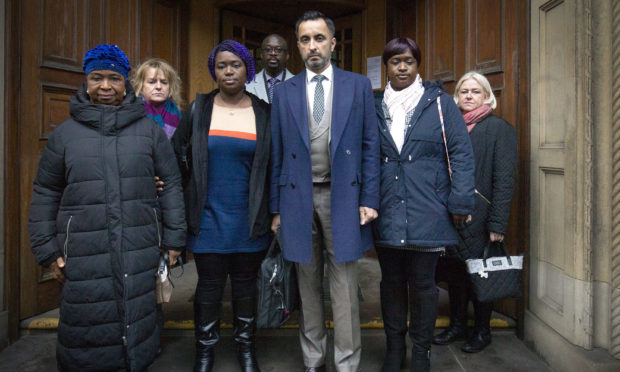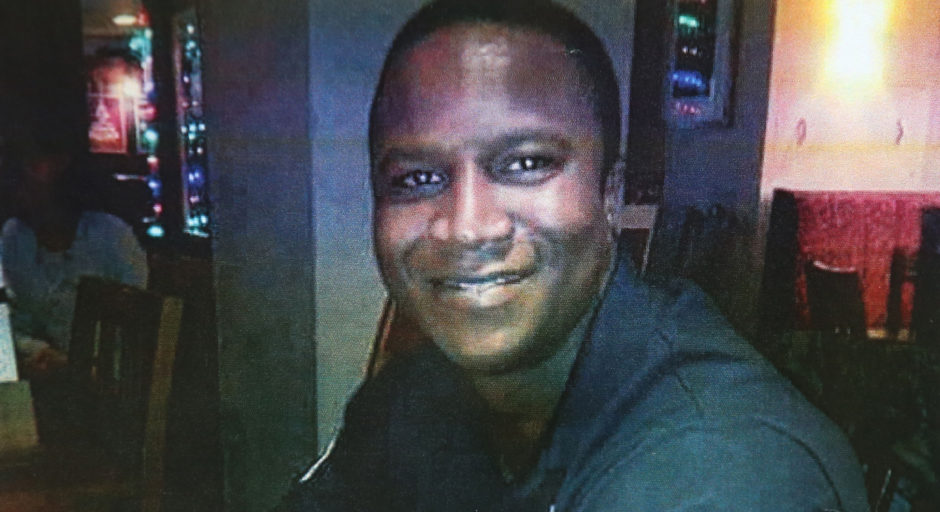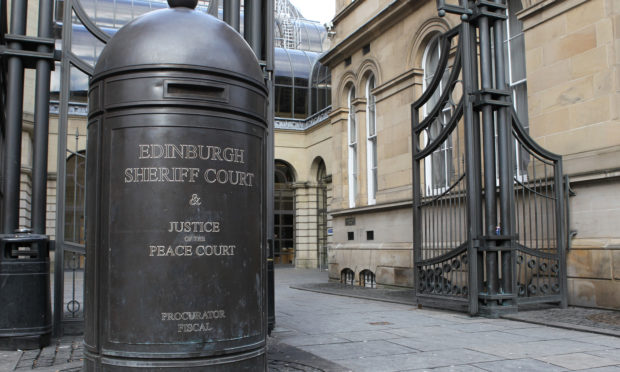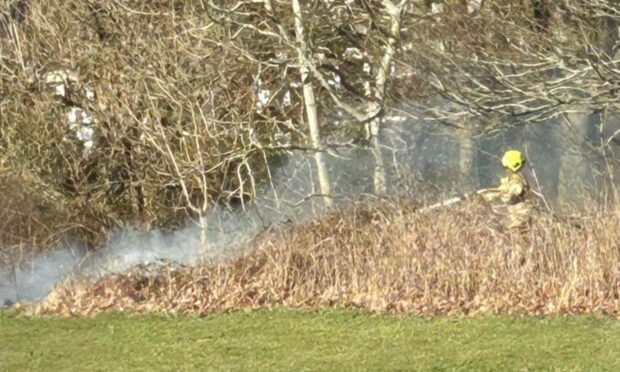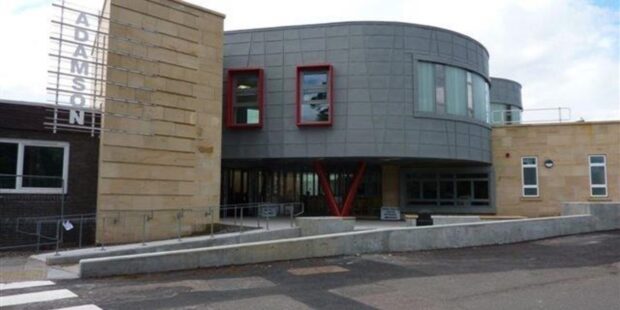The family of Sheku Bayoh has welcomed a “devastating and damning” report into how Police Scotland handles complaints, investigations and misconduct issues.
Lawyer Aamer Anwar said the findings of the independent review had uncovered a police complaints system not fit for purpose in a modern and democratic Scotland.
He said Mr Bayoh’s family was pleased to see a number of recommendations, including a call for a “broader, fundamental review” of equality matters within the force.
The family has now called for the Scottish Government to commit to the recommendations through legislative change.
Mr Bayoh died after being detained by police in Kirkcaldy in May 2015 and a public inquiry has been ordered into the circumstances of the case, including whether his race played any part in his death.
His family has raised a number of serious concerns in the wake of the incident, including why the officers involved were allowed to confer for several hours afterwards, why it took more than a month to give evidence to investigators and why those investigating the police were themselves former officers.
Mr Anwar said the Bayoh family had long believed the investigation had been fundamentally flawed and lacked impartiality and robustness.
The power imbalance between bereaved families and the state is the most significant injustice of the complaints process.”
Aamer Anwar
One of the top concerns was why the Police Investigations and Review Commissioner (Pirc), an independent body with powers equivalent to police, appeared powerless when it came to a death in custody.
“Why should those who claim to be the guardians of the law and order be allowed to pick a time and place to speak that suits them,” Mr Anwar said.
“In the case of Sheku it was 32 days before the restraint officers gave statements to the Pirc.”
Former Lord Advocate Dame Elish Angionlini, who conducted the review, said she was “acutely aware” of the Sheku Bayoh case.
She said it would be improper to comment before the outcome of the public inquiry, to be chaired by Lord Bracadale.
Mr Anwar said: “The family and I welcome today’s extremely robust review by a former Lord Advocate.
“A thorough and independent investigation of complaints against the police is essential in a democratic society.
“Nobody has escaped criticism as the former Lord Advocate delivers a devastating indictment of a police complaints system not fit for purpose.
“It will not make easy reading for Police Scotland’s senior executive, who have tried to introduce transparency and accountability, but the reality on the ground is entirely different.
“The Sheku Bayoh family urge the Scottish Government to commit to recommendations of this review. There must be legislative change.”
On the matter of race, Mr Anwar added: “For far too long there has been a culture of denial of the issue of racism, especially by those who represent the rank and file.
“It is clear that institutional racism exists and that the concerns of BAME officers have not been seriously considered.”
The family, which has been represented on a pro bono basis for five years, has also welcomed a recommendation that families of those who die in police custody should receive access to free legal advice.
“The power imbalance between bereaved families and the state is the most significant injustice of the complaints process,” said Mr Anwar.
They have welcomed further recommendations that no Pirc officer investigating the most serious cases should be a former police officer, that police misconduct hearings should be held in public, police in Scotland should be issued with body cameras and officers involved in death in custody cases should be interviewed as soon as possible without conferring with others.
“Dame Angiolini has produced a powerful and authoritative report that could turn Police Scotland into a modern 21st century service that has the respect of both its officers as well as members of the community.”
